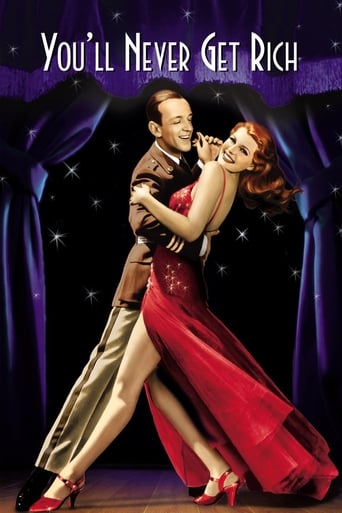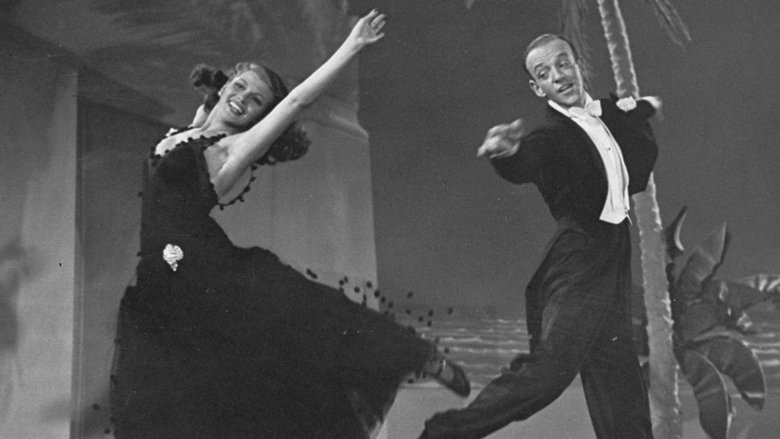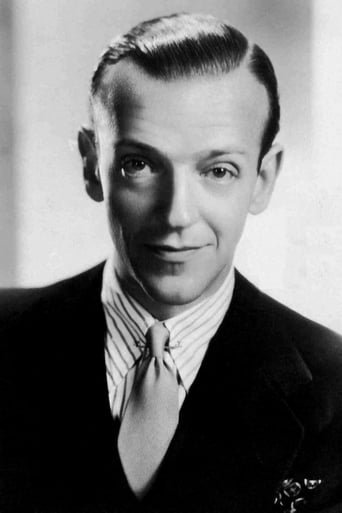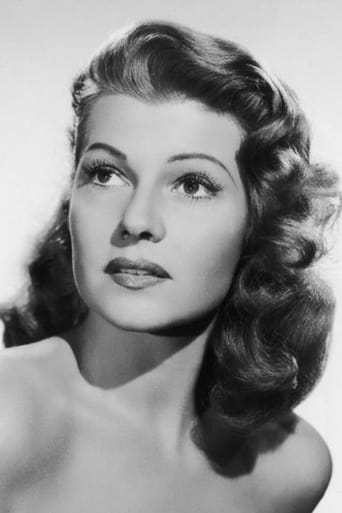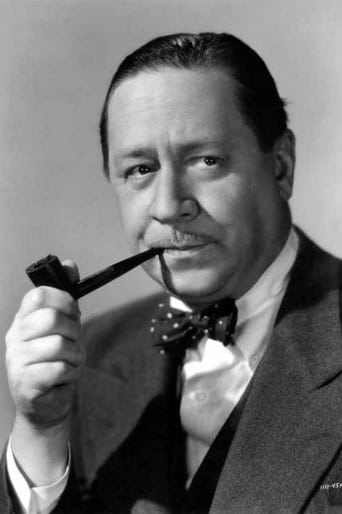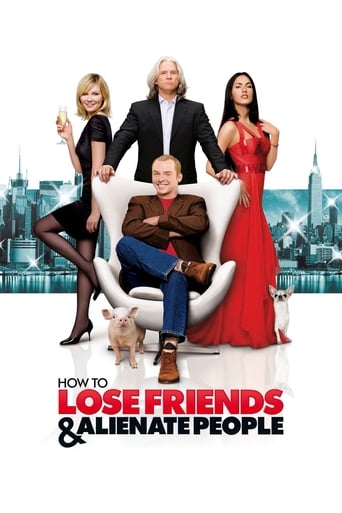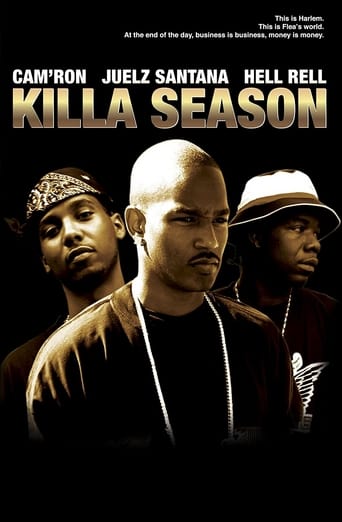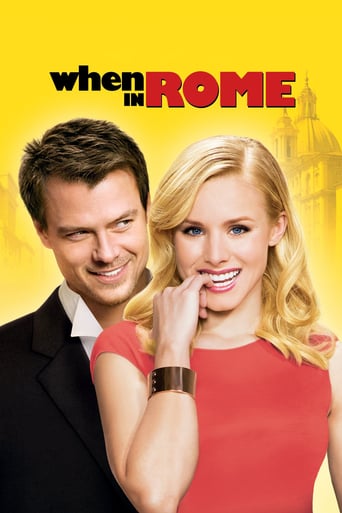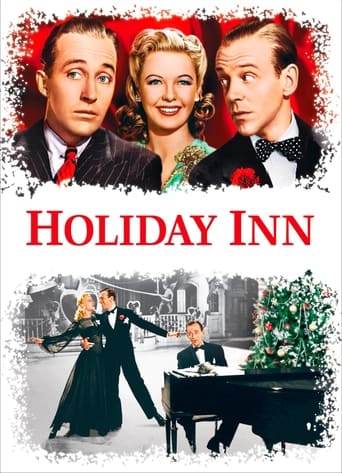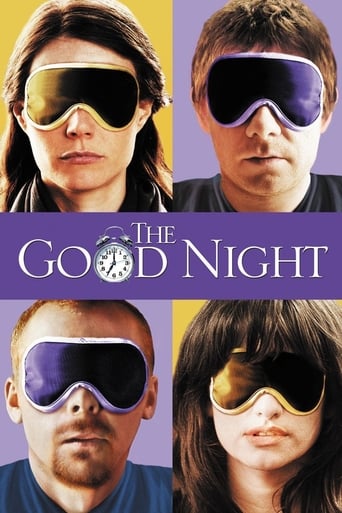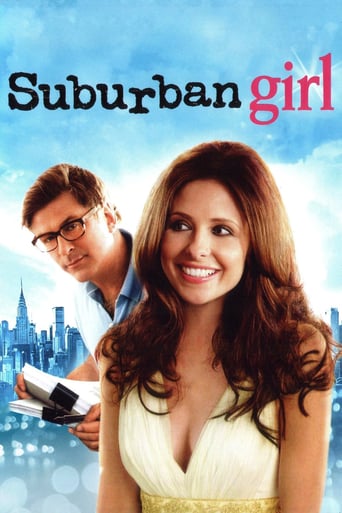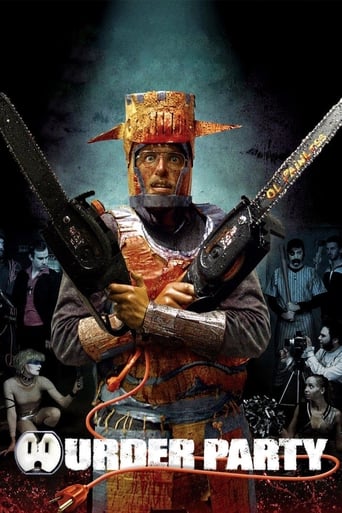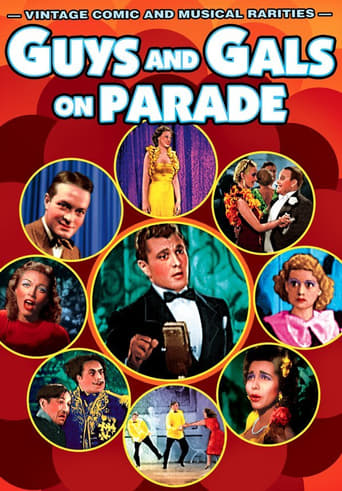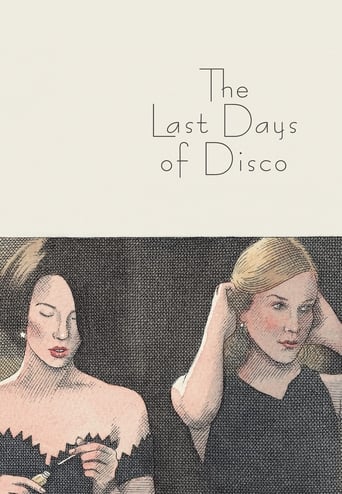You'll Never Get Rich (1941)
A Broadway choreographer gets drafted and coincidentally ends up in the same army base as his object of affection’s boyfriend.
Watch Trailer
Cast


Similar titles
Reviews
YOU'LL NEVER GET RICH (Columbia, 1941), directed by Sidney Lanfield, could very well be a screwball comedy about an oddball inventor and his many failed get-rich-quick schemes. The title, derived from the lyrics lifted from an old army song, indicates Columbia's attempt in capitalizing on Army comedies that had become the new rage starting with the ever popular BUCK PRIVATES (Universal, 1941) that not only made overnight sensations of the burlesque comics, Bud Abbott and Lou Costello, but popularized some popular song hits introduced by The Andrews Sisters. While YOU'LL NEVER GET RICH starts off amusingly well as a backstage musical, the second half shifts maneuvers towards BUCK PRIVATES material set in an Army camp. Though there's no Bud and Lou with the Andrews Sisters to boost up any musical-comedy morale, there are songs by Cole Porter, an original screenplay by Michael Fessler and Ernest Pagano, and the leading presence of legendary dancer Fred Astaire opposite the up-and-coming Rita Hayworth, a few years before her motion picture achievement as GILDA (1946) and becoming THE LADY FROM SHANGHAI (1948). Most of all, there's humorist Robert Benchley in some good scene-stealing support.The film opening offers a different approach as apposed to the traditional title credits with Robert Benchley's character, in the back seat of his limousine, telling Jenkins, (Emmett Vogan), his chauffeur, to slow down. As he gazes through the window, the camera captures its opening credits with star and staff names posted on billboards, wooden fences, road signs and on the side of a barn before story proceedings get underway. Martin Cortland (Robert Benchley), the owner of the Courtland Theater, stops off in a jewelry store on Fifth Avenue and 54th Street to buy an anniversary present for his wife and gift for one of the chorines appearing in an upcoming musical show choreographed by Robert Curtis (Fred Astaire). Courtland leaves the store following a purchase of a seven dollar Chinese back scratcher for his wife and an expensive diamond bracelet for Sheila Winthrop (Rita Hayworth). After Sheila refuses Cortland's present, the bracelet is soon discovered by Cortland's ever-suspecting wife, Julia (Frieda Inescort), with Sheila's name engraved on it. To avoid possible divorce proceedings, Cortland tries to convince his wife he bought the bracelet for Robert as a present for Sheila. At the Crystal Roof where the Courtlands are to celebrate their fifteenth wedding anniversary, the couple have Sheila and Robert accompany them at the dinner table where Courtland passes off the bracelet gift to give to Sheila in the presence of his wife. Sheila, caught by surprise, leaves the banquet as Robert attempts to explain. Problems arise when reporter captures the moment and places Robert and Sheila's "engagement" on the front page of the morning newspaper. Upon receiving his draft notice, Robert leaves his troubles behind him for Army life at Camp Weston. Aside from becoming a private under the leadership of a tough sergeant (Donald MacBride), and the company companionship of Kewpie Blair (Guinn Williams) and Twivel Tongue (Cliff Nazarro), his past encounters soon catches up with him, creating further complications ahead.Other members of the cast consist of John Hubbard (Captain Tom Barton); Osa Massen (Sonya); Marjorie Gateson (Sheila's Aunt Louise); Ann Shoemaker (Mrs. Barton); and Frank Ferguson (Justice of the Peace).With a fine yet unmemorable score by Cole Porter, the motion picture soundtrack is as follows: "Dance Duet" (performed by Fred Astaire and Rita Hayworth); "Boogie Barricade" (danced by Fred Astaire and ensemble); "Dream Dance" (instrumental); "Shooting the Works for Uncle Sam" (sung and danced by Astaire/ensemble); "Since I Kissed My Baby Goodbye" (performed by The Delta Rhythm Boys/ danced by Astaire) "A Stairable Rag" (danced by Astaire); "So Near, Yet So Far" (sung by Astaire, danced by Astaire and Hayworth); and "The Wedding Cake Walk" (sung by Martha Tilton, danced by Astaire and Hayworth, ensemble). Of the tunes, only "So Near, Yet So Far" has possibilities of a song hit. As surprisingly brief as musical interludes go, the best moments belong to the fine chemistry dance duets from Astaire and Hayworth, which, upon their conclusions, makes one wish for either more or longer segments between them on the dance floor. Astaire's two separate tap dancing solos accompanied by the Delta Rhythm Boys, in the guard house has its moments, but not quite as fantastic as those Astaire solos from either TOP HAT (1935) or SWING TIME (1936).As Abbott and Costello providing many laughs through their routines in BUCK PRIVATES, Columbia attempted in duplicating that match with Guinn Williams and Cliff Nazarro. Nazarro introduction to the film set at Grand Central Station starts off in hilarious fashion with his double-talk routine. As the story progresses, his constant repeated vaudeville-style gags grow tiresome long before the closing Columbia logo hits the screen. Though Nazarro should be credited for some hilarious moments from another movie for Columbia, BLONDIE GOES TO COLLEGE (1942), his drill routine here is definitely no match for how Abbott and Costello did it in BUCK PRIVATES. In spite of some flaws and typical story, YOU'LL NEVER GET RICH still provides some fine entertainment during its 88 minutes.No doubt a box-office winner back in 1941, YOU'LL NEVER GET RICH, along with Astaire and Hayworth's second and final collaboration of YOU WERE NEVER LOVELIER (Columbia, 1942), each distributed to home video (dating back to the 1980s) and DVD, can be seen occasionally on either Turner Classic Movies or Get-TV cable channels. So near yet so far. (***1/2)
Pairing Fred Astaire with a much younger Rita Hayworth was odd, but this really wasn't the problem with the film. I found I could suspend disbelief that a middle-aged guy like Fred would have any chance with Rita. Plus, Rita's dancing was excellent due to her years as a professional dancer before coming to Hollywood. And Fred Astaire, as always, was a joy to watch as he danced. So I really can't blame the movie on the stars--they seemed to give the film all they had.The main culprit for the low IMDb score was the writing. It was awful and the script abounded with more holes than a piece of Swiss cheese. Again and again, poor dialog, super-contrived situations (even for this style of film) and logical errors abounded. This was not a huge problem in the first third of the film--but when he went into the army the film absolutely came to a grinding halt because it just wasn't funny. And to make these army antics worse, Fred was saddled with perhaps the least funny and most annoying character actor in history as one of his army buddies--Cliff Nazarro. Nazarro's contributions to the film were to pepper his dialog with nonsense words that weren't funny the first time--and were downright infuriating to listen to after the 500th time! The bottom line is that for lovers of Fred Astaire, this is a huge disappointment and the film only manages a 4 due to decent, though not particularly outstanding dance routines. As an army comedy (and there were quite a few during this era), this film stinks. BUCK PRIVATES, CAUGHT IN THE DRAFT and TANKS A MILLION all are head and shoulders better because they actually are funny (especially the last two films listed). And for those who are not fans, I don't see how you'll be able to force yourself to finish this dopey film that is so lacking in charm. See this only if you are a rabid fan.
This was one of several transitional movies made by Astaire between his RKO and MGM years which means more or less that it's minor Astaire but let's face it even minor Astaire is light years ahead of major Kelly so that by and large this is an entertaining soufflé'. Most of us weren't of course around on its initial release - anyone who was even ten in 1941 would be 75 in today's money - so we probably buy the DVD for the Cole Porter score as much as the Astaire hoofing. Old King Cole doesn't disappoint though one of his finest ballads 'Dream Dancing' is only heard briefly and orchestrally but this still leaves So Near And Yet So Far and Since I Kissed My Baby Goodbye, both top-drawer Porter plus Boogie Barcarolle and Wedding Cake-Walk both of which offer excellent hoofing opportunities. The plot - PLOT! you're kidding, right? - is typical of the time and about as believable as anything that ever came out of Nixon's mouth but Robert Benchley is on hand with his peculiar brand of whimsy and comic timing and Fred gets to dance with the gorgeous Rita Hayworth so whaddya want, blood?
I think this film is a delightful comedy, with all players playing their respected roles beautifully. I especially love the dance steps and musical number done by Astaire and Hayworth during rehearsal at the beginning of the movie.

